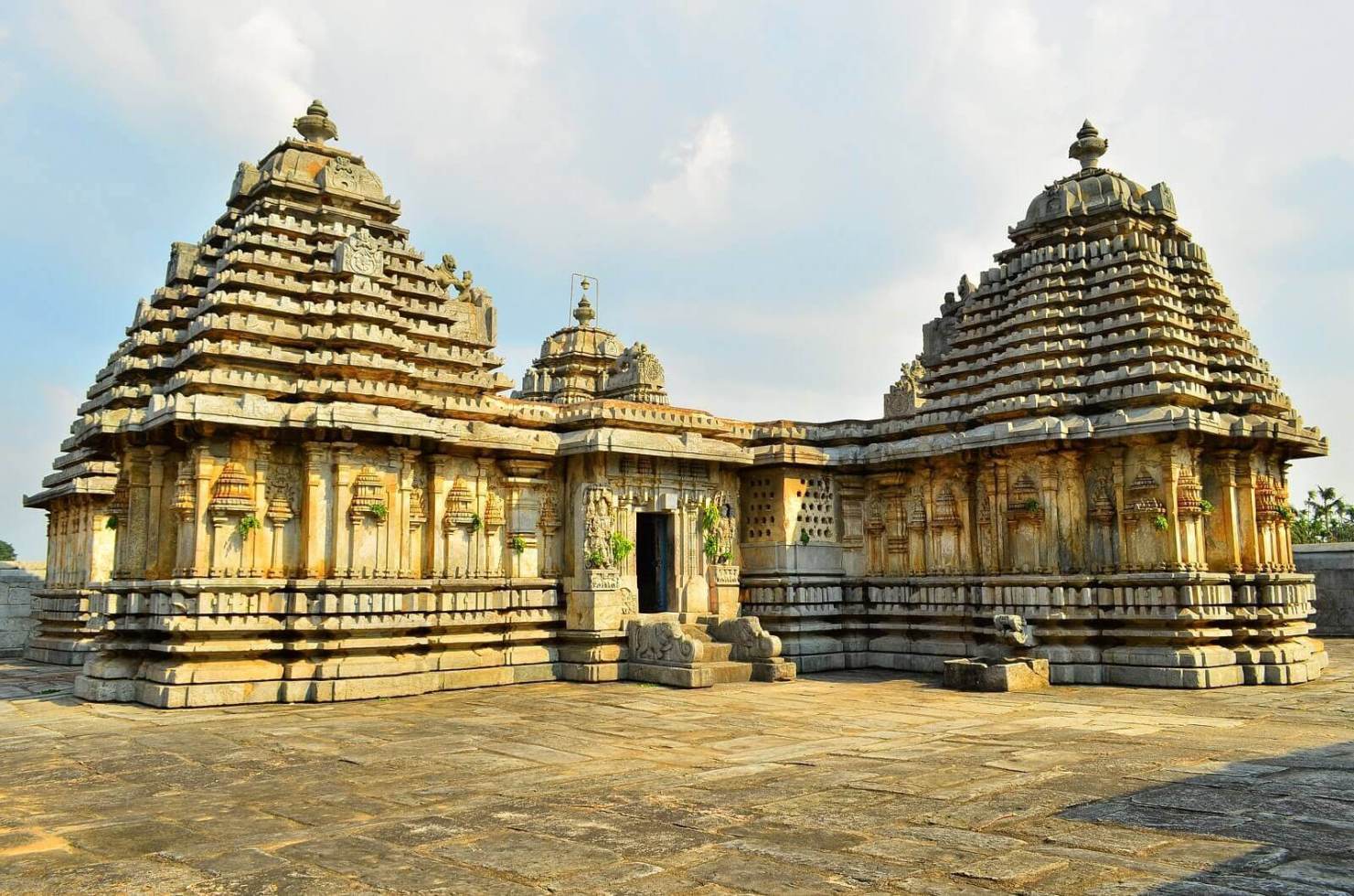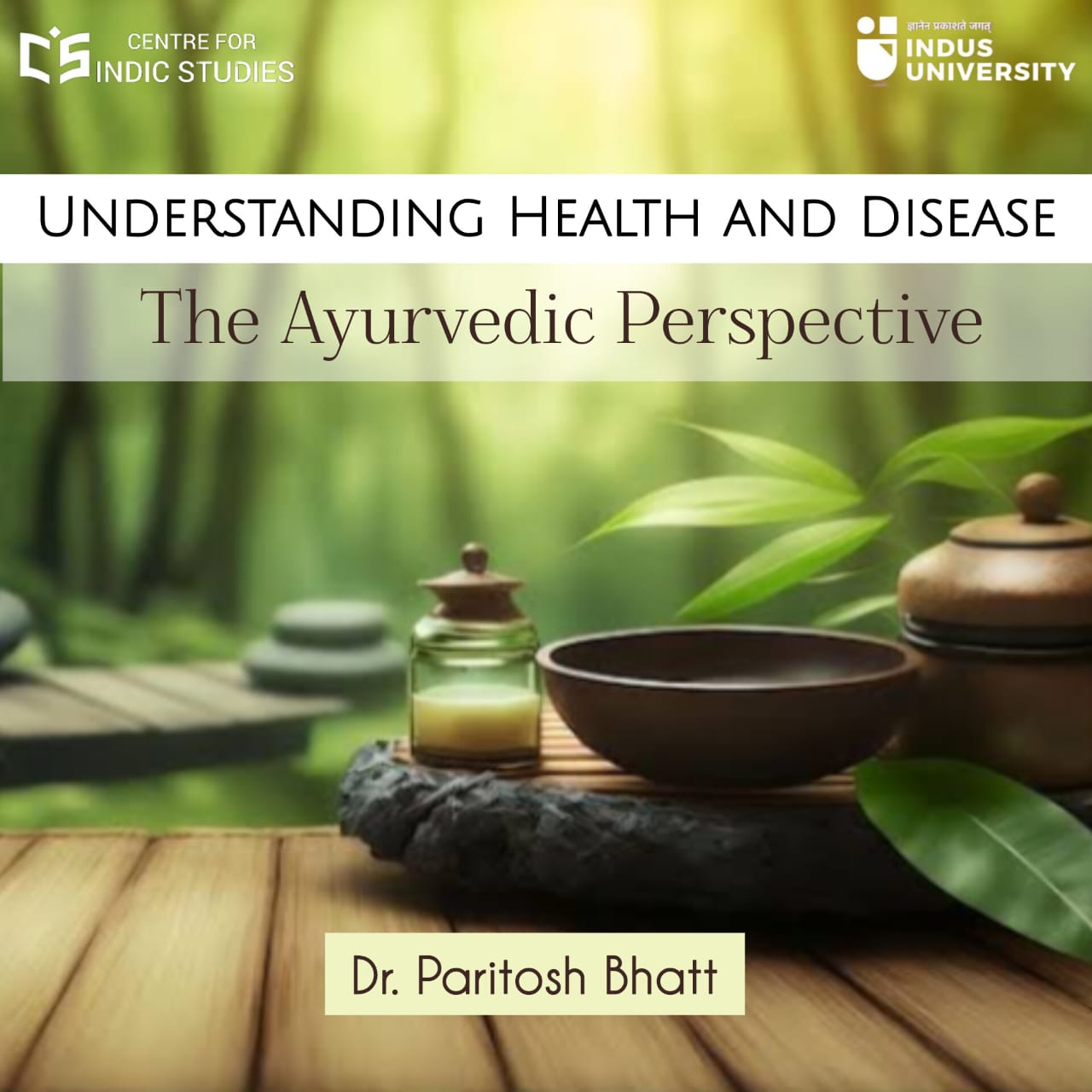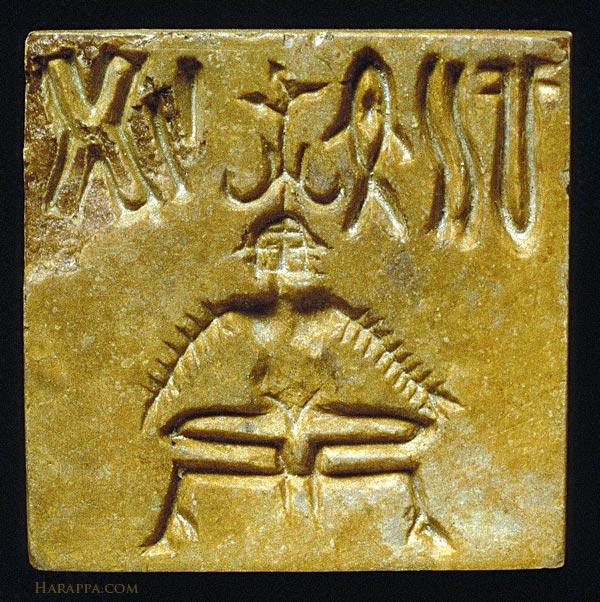- Visitor:27
- Published on:
Is God in Pain? (Part-3)
A good teacher, in every ins and outs of his students, is well aware that what errors they can make and in which areas. But, the tutor himself does not make mistakes. So, can we say by this argument that God knows all our pains but Himself never suffers Bearing this argument in mind, Arindam Chakrabarti again makes a dispute that there is still a problem in analyzing the concern of “Is God in pain?” in this way.
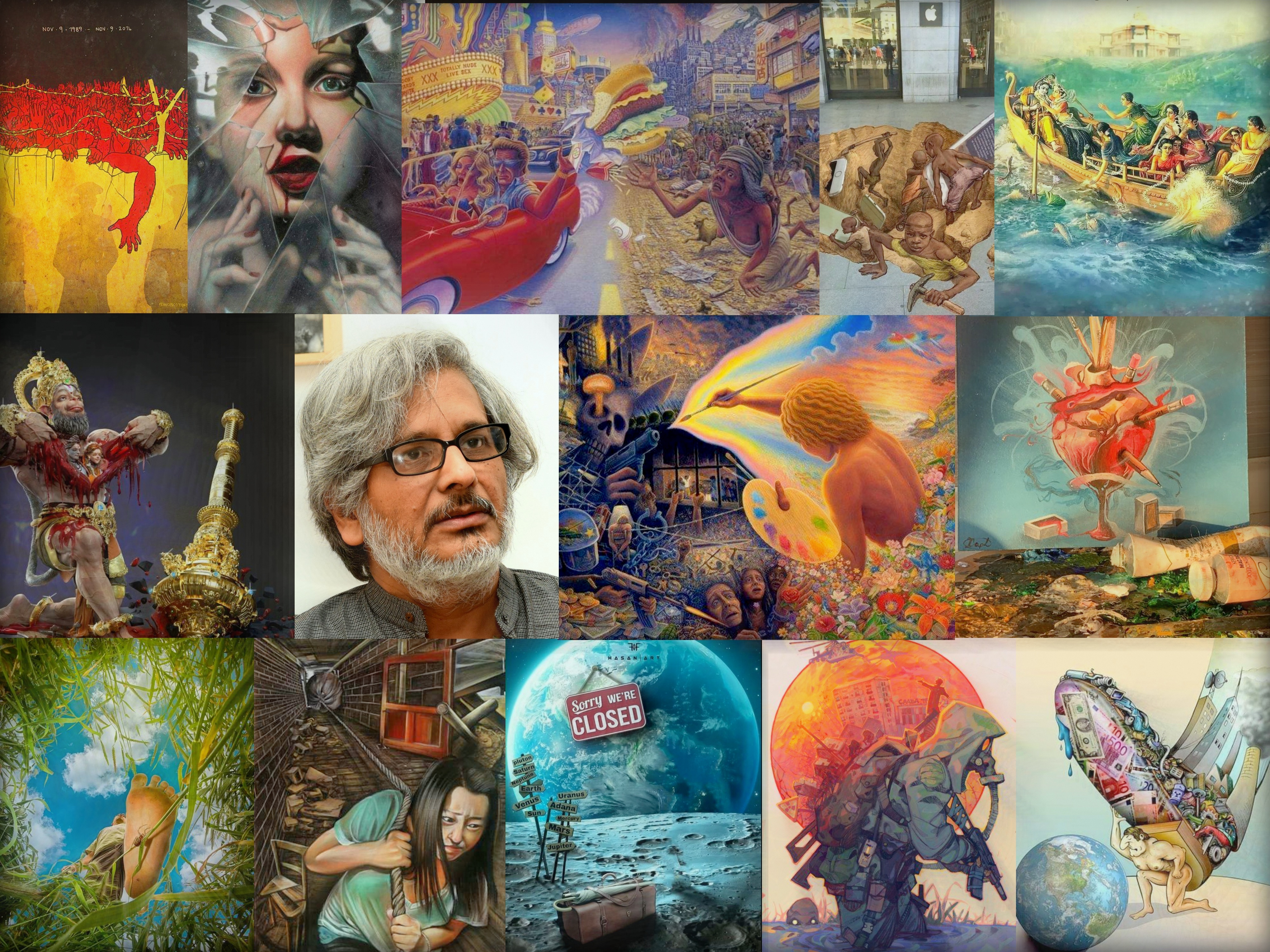
The following content is translated from the lecture given by Sri Arindam Chakrabarti in Bengali. Arindam Chakrabarti is, currently, a visiting professor of philosophy at Ashoka University, India. He is, also, a professor of philosophy at Stony Brook University, where he has been since 2018. Prior to moving to Stony Brook, Chakrabarti taught at the University of Hawaii, where he was the director of the EPOCH Project (Eastern Philosophy of Consciousness and the Humanities). The original lecture was given at the event on the memoery of birth anniversary of Professor. Katyayani Das Battacharya arranged at the Ramakrishna Mission Institute of Culture, Kolkata, 13th July, 2017. Being one of his admirers, the lecture is published in this article format with the intention to spread his voice more for our readers.
…continued from the last part
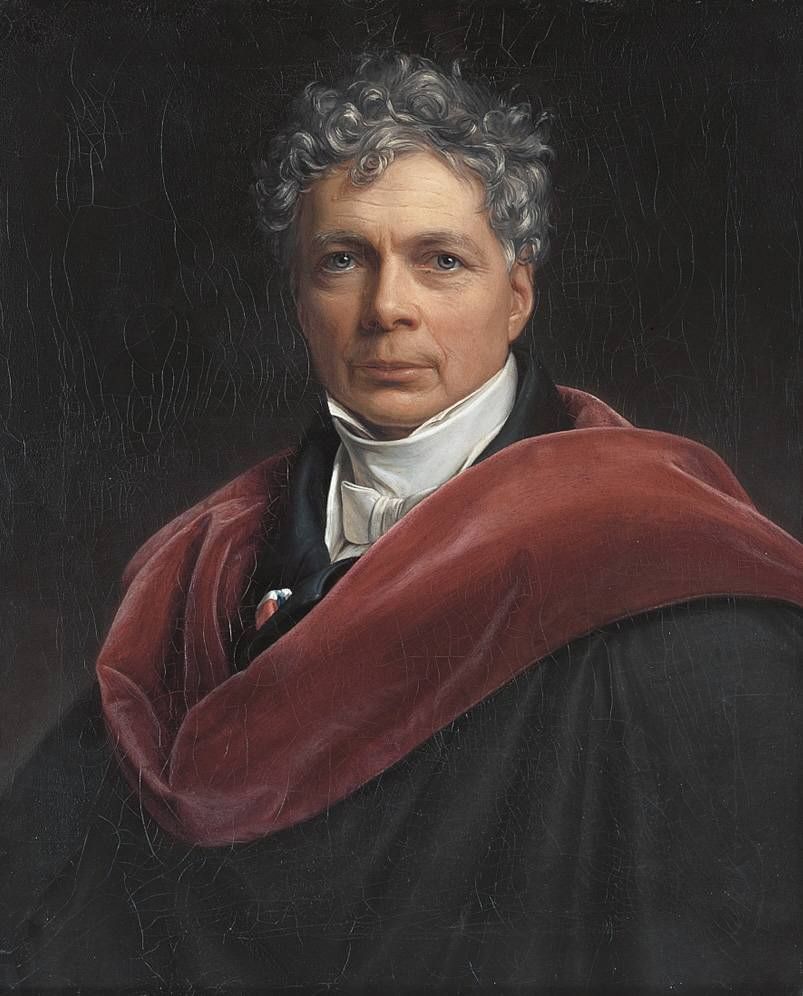
Quoting from Friedrich Wilhelm Joseph Schelling, one of the great German philosophers of the late 18th and early 19th Century, Zizek deduces, “God is a life. Not a mere being- but a dynamic life”. He continues, “All life is subjected to suffering and becoming. Without the concept of a humanly suffering God all of history remains incomprehensible.”
Now, one can argue that this type of idea, is quite impossible in religious philosophies even in Indian concepts. Here, Arindam Chakrabarti claims, yes it is impossible in at least two ways.


Samkhya starts by questioning the suffering. Addressing the audience, here, the speaker expresses his incapable feelings to resist himself from mentioning one “faulty generalization”. Though many exceptions are there, still commonly the Western philosophy starts with “wonder”. Eg. Socrates said, “Wonder is the beginning of philosophy”. Looking outwards, admiring the infinite sky filled with lustrous heavenly bodies- the Western mind is awed. On the other hand, by drinking the hemlock or the indignation over life by existentialists- the western quest ends. This is from where the Indians commence their search. They have keenly observed and tried to evaluate many types of suffering starting from adhmyatmik dukkha, adidaibik dukkha, adibhautik dukkha, suffering given by others, suffering due to own self… so on just to mention a few. Buddha says, “the unpleasant pain we feel in our muscles and minds is “dukkha dukkha” and everything is changing constantly is biparinam dukkha.” Why the latter one is a problem? Every state giving pleasure to us- is that also a dukkha? Yes, this is because when any good moment comes into our life, we wish that the situation stays with us for more time. This is also a feeling of happiness. During a long sweltering hot weather, if a sudden chilly fresh breeze flow over us, don’t we want that moment to persist? But, that state does not remain with us for a long time. It eventually changes. Similarly, childhood, youth, good memories- all that does not stay with us forever is biparinam dukkha. Mentioning sankara dukkha, the lecturer informs that Samkhya also states another three kinds of dukkha. In Nyaya darshana, there are 21 types of dukkha. And, the most interesting item of all is the 21st one, which is sukha or happiness/pleasure.

In this context, Udyotkar of Nyaya Vartik put a question, “Sukha? But, why?”. The questioner also confirms, “Don’t mistakenly think us to be Buddhist also. Like them we never claim that everything is dukkha- Sarvam dukham. We definitely acknowledge that there is sukha also”. Interestingly, he himself further answers the question by saying, “There is no mistake in your feeling. But, if you want liberation, you also need to realize that pleasure is also a form of pain”.

In one of his dialogues named Philebus, Plato states, “The feeling of happiness itself is fake- a false pleasure”. The logic behind this statement is very beautiful. Suppose we taste a portion of very delicious food, after staying a long time with hunger. Does this appetizing item actually bring happiness or just neutralize our suffering by filling the pain of an empty stomach? Let’s go by Plato’s logic.
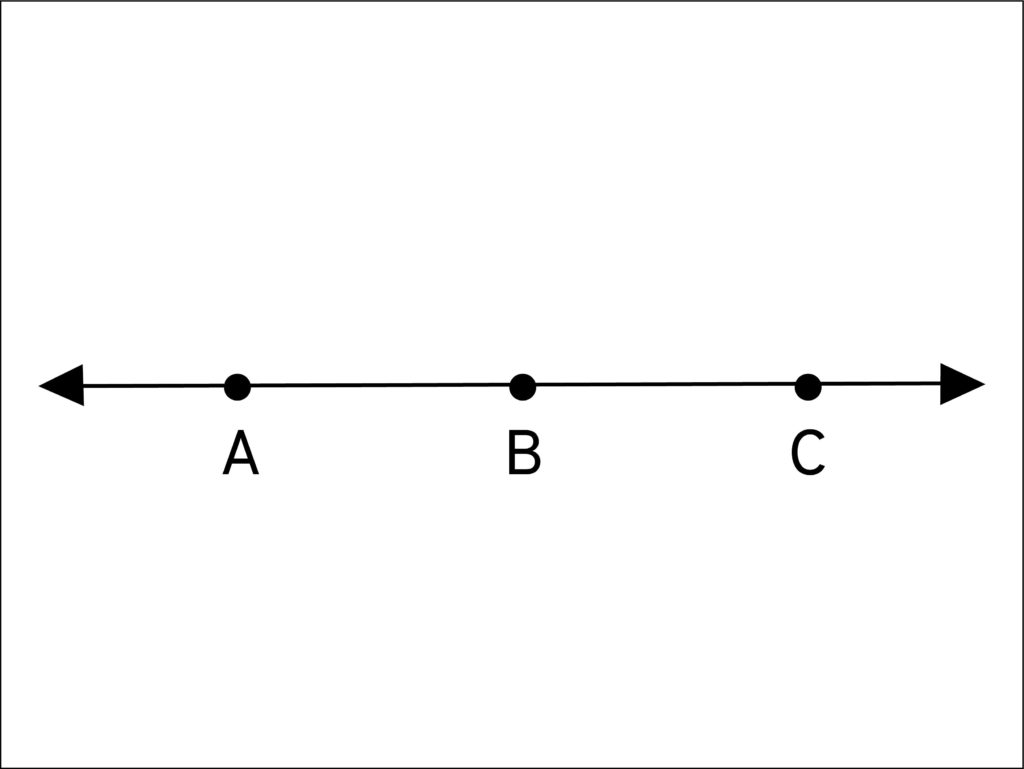
Suppose we have three collinear points in the graph where B is the center, and A and C are in the negative and positive Cartesians respectively. A is extreme sorrow, B is a neutral state of mind and C denotes extreme happiness. Thus, moving from A to C means going through pain towards pleasure and vice versa. But, as per Plato’s explanation, human beings are always inside the range of A to B and moving somewhere from A towards B is mistakenly supposed to the shifting from B towards C. In reality, we never go beyond B and don’t move towards C. We by mistake assume that the dukkhavab to be sukha also!
This can be seen everywhere. When we get to see our child, who is suppose living in a boarding school away, after a long time, we shout inside, with gladness- “What fun!”. The dukkhavab goes away. But after some time, from that happiness, it is not that new forms of pleasure starts to arise. Instead, new types of more and more sorrows come out emerging in life. If also the child is permitted to live with us permanently, then also that dukkhavab is not now in the detachment from the kid, but due to new problems arising by staying together. This example is not just for the case of Vatsalya Rasa, whether that is any Madhur Rasa or pleasant feeling, as people come together after every detachment, they, again and again, witness more dukkha from the union of happy ending they felt with the beloved ones. Surprisingly, this situation has no exception.
On this point, if Nayayik Udyatkar was present here, he would have argued, “No. I am not claiming like Plato that it is false pleasure. We are not mistaking anywhere while enjoying happiness. It is true pleasure”. For this, he could make three-four reasons behind his statement saying, “The sorrow remains integrated with pleasure undivided and all exclusively”. Through one of his most elegant logic, he could explain saying, “To attain pleasure one needs a medium”. Today we, who are living in the world of technology and gadgets and experinced the worry of missing Wi-Fi connection somewhere, know well that without any form of appliance we cannot connect with pleasure. This is going on since the time of Upanishads.

Here, the lecturer reminds us of the Maitreyi-Yajnavalkya dialogue, where the wife asks the husband and sage, while he was distributing his life-long assets to his wife, “Well, will this money and wealth satisfy me?”. From the narration, we know that Yagnavalka had already informed his wife, “Through bitta (finance) one never becomes tripta (satisfied), but turns into upakaranaban (tool)!”. We all are upakaranaban. The technology and devices we use are supplemental for us. It is the “other” for us- which is itself dependant on another, but not on me. And, it is here Manusmriti says- “sarvaṃ paravaśaṃ duḥkhaṃ”. Anything that is not mine or not in my control and moreover, subjugated by others- is sorrow!. The speaker makes us note, that not only Hindus, but it was also the Stoics among the Greeks who viewed this in the same way. Whatever that is not in our hand, depending on that means we are in sorrow- a subservient!

Udayanācārya (circa 975 – 1050 CE) in his commentary infers by saying, “If you want happiness, you are bound to get unhappiness- a kick-back, an opposite reaction”. While chewing sugarcane to taste the drop of spilling sweet juice, the lips will get minimum scratches at the same time. Likewise, in every notion of happiness, pain is intertwined. Pleasure is always accompanied by trouble!
Now, someone can say- “I simply enjoy that pain!! Any problem?”. This is where the difference lies between the Charvakas and others. From here, the lecturer again returns to the story of Mahabharata from where he began and started to find the connection with God’s pain. Remember the droplets of honey in the story of that Brahmin who fell in the well as narrated in Shanti Parva? Charvakas would argue, “That tiny drops of honey, whatever may be its quantity, amid all the surrounding miseries, can anyone deny? Lets suck it as much as possible”. “Good luck to you, Charvakas!”, blesses Arindam Chakrabarti, “Enjoy and taste whatever you are gaining.” Here, the speaker recalls one of the stories as narrated by his Guru- where a frog, itself stuck and struggling in the mouth of a snake has stretched its elongated tongue to catch a fly. The master used to tell, “Not only the frog but we all are also equally stupid”.
Till now, Arindam Chakrabarti has already covered all the Western ideas in this context and now he moves on, highlighting the Hindu views. We know Samkhya and Yoga are related to each other like sisters in the name of philosophy. But, the huge difference lies in the fact that there is no God in Samkhya, but Yoga has.

Patanjali’s Yogasutra attempted to prove the existence of God. It starts with understanding the form or nature of knowledge. In different people, we see the distinct range or extent of knowledge or fluctuation in the level of understanding on different subjects. Some know more, some may be lesser. Again, it also enhances in one person over his lifetime on the same specific subject. If the range of knowledge is aligned with increment and decrement, then our power or ability to do any good action also increases or diminishes. If knowledge increases, power also increases proportionally. Interestingly, any knowledge knows itself to be greater than the knowledge itself. Eg. if we see a cup with all our focus and observation and claim to see and know the cup, still there is a backside of it that we cannot see. Moreover, its best example is Freud’s psychoanalytic theory. The speaker jokingly says that if you are a good psychoanalyst, your treatment would never come to an end. Because, if any patient visits, you might say- “Give my fees and I will open your mind more and more slowly every time”. This is also true for any subject. If it is objective, then no knowledge of any object ends by my “knowing”. There is always more knowledge about it beyond my understanding i.e. any knowledge can increase. Now, we know, that which has a more (comparative degree), has a most/maximum (superlative degree). Therefore, since “knowing” is subject to the decrease of more…more and more… then it must have some upper limit. And, that maximum, by default is “God”, as per definition. This utmost knowledge is omniscient. If not only knowing everything just item-wise, but also with the best quality or best of understanding is- God, then, isn’t He must be knowing every pain and suffering in the world? Every pain that was there, every suffering that is now and all the sadness yet to come- He must be knowing all these pains! Otherwise, how can we call Him the all-knowing one?
Nonetheless, there is no scope for Samkhya to declare that the world or jagat is unreal, hence every misery in the world is not real. Samkhya views the world to be real and, the threefold sufferings of life that claim, are actually there. Further, if God is also there, then he must also know the three types of pain, right?
However, we can manage to get an answer to this query using a reference from Nyaya Kusumanjali of Udayanacharya, on God. It is not that God will also know the suffering or Himself will suffer. Here, Udayanacharya put a question from a Nastik or atheist’s mouth- “Well, we make many mistakes, and have false beliefs too, that you can’t deny. If your God is there, then he must also be knowing that errors. Hence, God himself has wrong understandings”. In response to that Udayana says, “No no… don’t be in a hurry while giving logic. A bhrantigya (one who knows the mistakes) is never bhranta (one who makes mistakes)”.

A good teacher, in every ins and outs of his students, is well aware that what errors they can make and in which areas. But, the tutor himself does not make mistakes.
So, can we say by this argument that God knows all our pains but Himself never suffers?
Bearing this argument in mind, Arindam Chakrabarti again makes a dispute that there is still a problem in analyzing the concern of “Is God in pain?” in this way.
to be continued…
Center for Indic Studies is now on Telegram. For regular updates on Indic Varta, Indic Talks and Indic Courses at CIS, please subscribe to our telegram channel !
Sources of main lecture:
- https://www.youtube.com/watch?v=XhXjXJjouWg
- https://www.youtube.com/watch?v=wjBxjJJ0A30
- 13 min read
- 0
- 0







